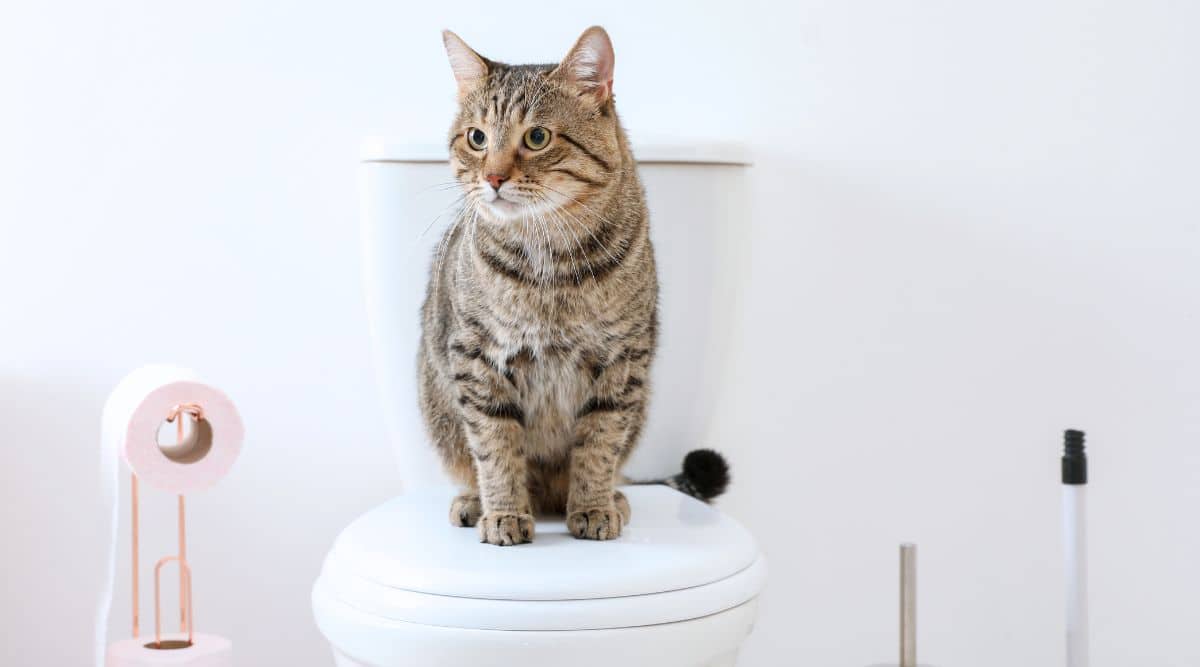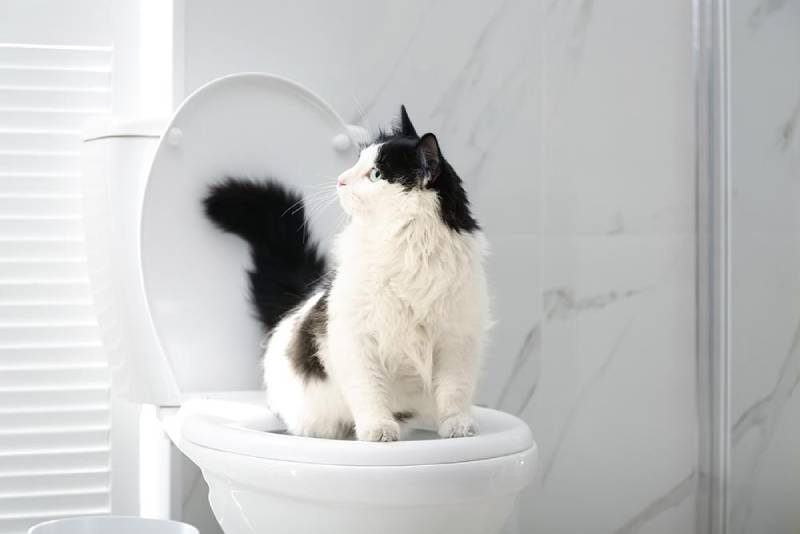Reasons You Shouldn't Flush Cat Poop Down Your Toilet - Preserve Your Pipe Health
Reasons You Shouldn't Flush Cat Poop Down Your Toilet - Preserve Your Pipe Health
Blog Article
How do you really feel with regards to How to Dispose of Cat Poop and Litter Without Plastic Bags?

Intro
As cat owners, it's essential to bear in mind exactly how we throw away our feline friends' waste. While it might seem hassle-free to purge cat poop down the toilet, this technique can have damaging repercussions for both the atmosphere and human wellness.
Alternatives to Flushing
The good news is, there are safer and a lot more responsible means to dispose of feline poop. Consider the complying with alternatives:
1. Scoop and Dispose in Trash
One of the most usual method of throwing away cat poop is to scoop it right into a biodegradable bag and throw it in the trash. Be sure to make use of a devoted clutter inside story and dispose of the waste quickly.
2. Usage Biodegradable Litter
Choose eco-friendly feline clutter made from products such as corn or wheat. These litters are eco-friendly and can be safely taken care of in the garbage.
3. Hide in the Yard
If you have a backyard, consider burying cat waste in a designated location away from vegetable yards and water sources. Be sure to dig deep sufficient to stop contamination of groundwater.
4. Install a Pet Waste Disposal System
Invest in an animal garbage disposal system especially made for pet cat waste. These systems utilize enzymes to break down the waste, decreasing odor and environmental impact.
Health and wellness Risks
Along with environmental issues, purging pet cat waste can additionally present health and wellness dangers to humans. Pet cat feces might have Toxoplasma gondii, a parasite that can cause toxoplasmosis-- a potentially serious illness, especially for expectant females and people with weakened body immune systems.
Ecological Impact
Flushing cat poop presents damaging virus and bloodsuckers into the water supply, posing a considerable risk to water ecosystems. These contaminants can adversely influence aquatic life and concession water top quality.
Conclusion
Responsible pet dog ownership expands past providing food and sanctuary-- it additionally includes appropriate waste administration. By refraining from purging cat poop down the toilet and opting for alternative disposal approaches, we can lessen our ecological impact and safeguard human health.
Why Can’t I Flush Cat Poop?
It Spreads a Parasite
Cats are frequently infected with a parasite called toxoplasma gondii. The parasite causes an infection called toxoplasmosis. It is usually harmless to cats. The parasite only uses cat poop as a host for its eggs. Otherwise, the cat’s immune system usually keeps the infection at low enough levels to maintain its own health. But it does not stop the develop of eggs. These eggs are tiny and surprisingly tough. They may survive for a year before they begin to grow. But that’s the problem.
Our wastewater system is not designed to deal with toxoplasmosis eggs. Instead, most eggs will flush from your toilet into sewers and wastewater management plants. After the sewage is treated for many other harmful things in it, it is typically released into local rivers, lakes, or oceans. Here, the toxoplasmosis eggs can find new hosts, including starfish, crabs, otters, and many other wildlife. For many, this is a significant risk to their health. Toxoplasmosis can also end up infecting water sources that are important for agriculture, which means our deer, pigs, and sheep can get infected too.
Is There Risk to Humans?
There can be a risk to human life from flushing cat poop down the toilet. If you do so, the parasites from your cat’s poop can end up in shellfish, game animals, or livestock. If this meat is then served raw or undercooked, the people who eat it can get sick.
In fact, according to the CDC, 40 million people in the United States are infected with toxoplasma gondii. They get it from exposure to infected seafood, or from some kind of cat poop contamination, like drinking from a stream that is contaminated or touching anything that has come into contact with cat poop. That includes just cleaning a cat litter box.
Most people who get infected with these parasites will not develop any symptoms. However, for pregnant women or for those with compromised immune systems, the parasite can cause severe health problems.
How to Handle Cat Poop
The best way to handle cat poop is actually to clean the box more often. The eggs that the parasite sheds will not become active until one to five days after the cat poops. That means that if you clean daily, you’re much less likely to come into direct contact with infectious eggs.
That said, always dispose of cat poop in the garbage and not down the toilet. Wash your hands before and after you clean the litter box, and bring the bag of poop right outside to your garbage bins.
https://trenchlesssolutionsusa.com/why-cant-i-flush-cat-poop/

As a fervent person who reads about Don’t flush cat feces down the toilet, I assumed sharing that article post was a good idea. Sharing is good. You just don't know, you may be doing someone a favor. We take joy in reading our article about How to Dispose of Cat Poop and Litter Without Plastic Bags.
Call Today Report this page